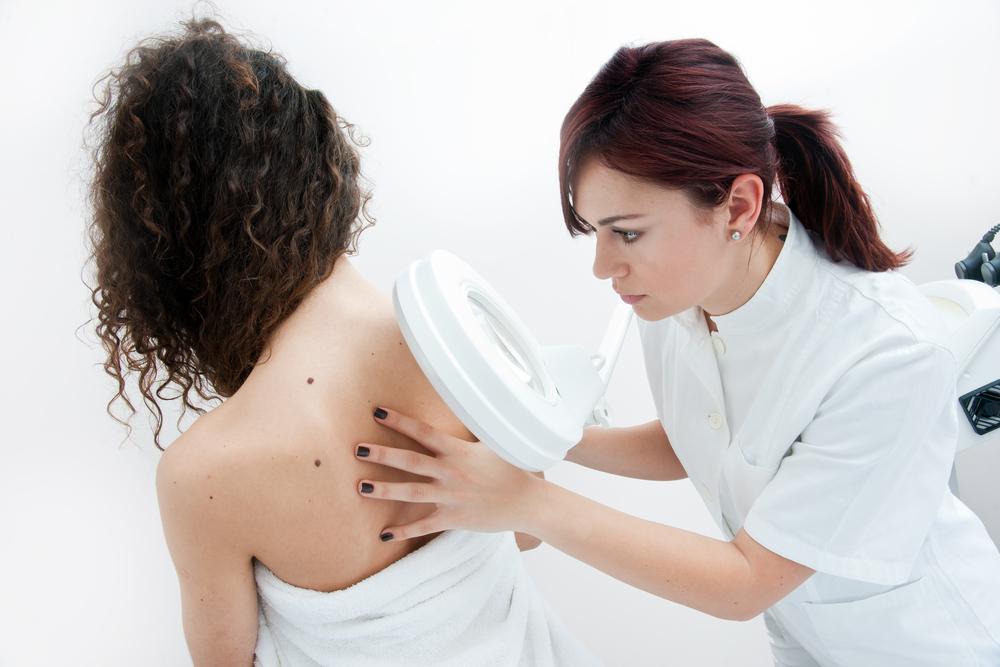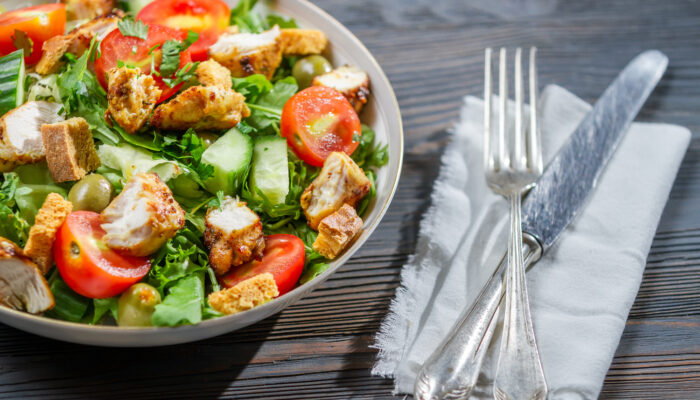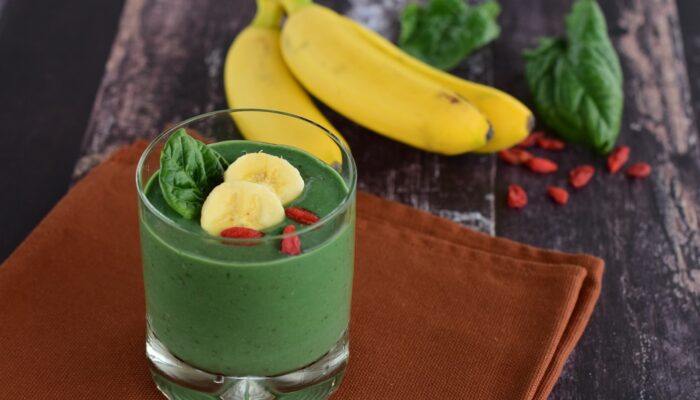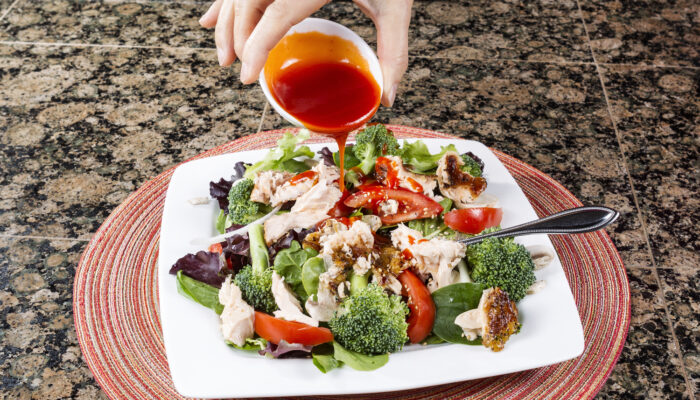
Role of Diet in the Prevention of Melanoma
Melanoma is a serious form of skin cancer that develops in the cells that produce melanin, which is responsible for giving skin its color. The most common risk for developing melanoma is exposure to ultraviolet (UV) radiation from the sun and tanning beds or lamps. Following a balanced and healthy diet can work wonders in maintaining your body. It is also one of the many ways that help in the prevention of melanoma.
Certain foods can help prevent the occurrence of this cancer and should be incorporated into your daily meals. A proper diet that has foods that can protect the skin can help in the prevention of melanoma. Nutrition is important to be healthy and to protect the body, including the skin. Eating a balanced diet ensures the body gets the right mix of nutrients needed.
1. Antioxidants
Antioxidants are critical in the prevention of melanoma. Exposure to sunlight creates free radicals that can damage the skin cells and antioxidants fight these free radicals. Studies have shown that a diet rich in antioxidants can protect skin against melanoma. The antioxidant retinol has been found to reduce the risk of melanoma by 20%. Foods rich in antioxidants include dark green leafy vegetables, oranges, carrots, beets, milk, eggs, and fish.
Selenium is another antioxidant useful in the fight against free radicals. Foods rich in selenium include one whole wheat, Brazil nuts, oats, barley, and lobster. Also, it is better to eat foods rich in antioxidants, rather than take supplements.
2. Vitamin D
The importance of vitamin D for the skin is well-known. Orange juice, salmon, tuna, milk, and beef liver are excellent sources for vitamin D.
3. Zinc
A diet that is rich in zinc helps replenish the level of antioxidants in the body. It also increases protein levels, helping repair DNA damage caused by exposure to sunlight and UV rays. Legumes, lentils, chickpeas, shellfish, and lamb are some food items that contain zinc.
4. Vitamin E
Vitamin E is an antioxidant useful to fight free radicals. Vitamin E is found in nuts, seeds, flaxseed, spinach, and soybeans.
5. Lycopene
Lycopene is an antioxidant that can protect the skin against damage caused by the sun. Studies have shown that those eating a lycopene-rich diet have a 40% less chance of being sunburned. Lycopene is found in tomatoes, watermelons, papayas, and apricots.
6. Water
It is important to remain hydrated to keep the skin nourished and supple. To prevent dehydration, it is recommended that you drink at least 8 to 10 glasses of water daily. Dehydrated skin is more at risk for sunburn, and consequently melanoma.
7. Diet and obesity
Obesity is a risk factor for cancers and also weakens the immune system to fight such diseases. Studies have shown that obese people have a 31% higher risk of developing a malignant form of melanoma. Those who are overweight and are at risk of developing melanoma need to follow a diet that helps in weight loss.
This diet should include the following:
- Avoid fatty and processed foods
- Reduce sugar in food
- Add fruits and vegetables to your daily diet
- Consume food rich in lean proteins like beans, fish, turkey, chicken, nuts, and low-fat milk
- Consume healthy carbs like whole grains
- Consume healthy fats like those found in avocado, walnuts, nuts, and seeds




